“I first had the idea while on a classic car rally in Spain a few years ago,” David tells Classic Driver. “Towards the end, we were all so tired of the cars' demanding characteristics and tendency to break down that everyone was asking to drive the cheap hire car brought along as back-up.” David, who is no relation to the legendary Aston Martin figurehead, found success in construction equipment and trucks after taking the reins of his father’s company. “This won’t be the first time there’s been confusion about the name: my father was building tractors at the same time as Sir David,” says the Yorkshireman.
From ideation to creation
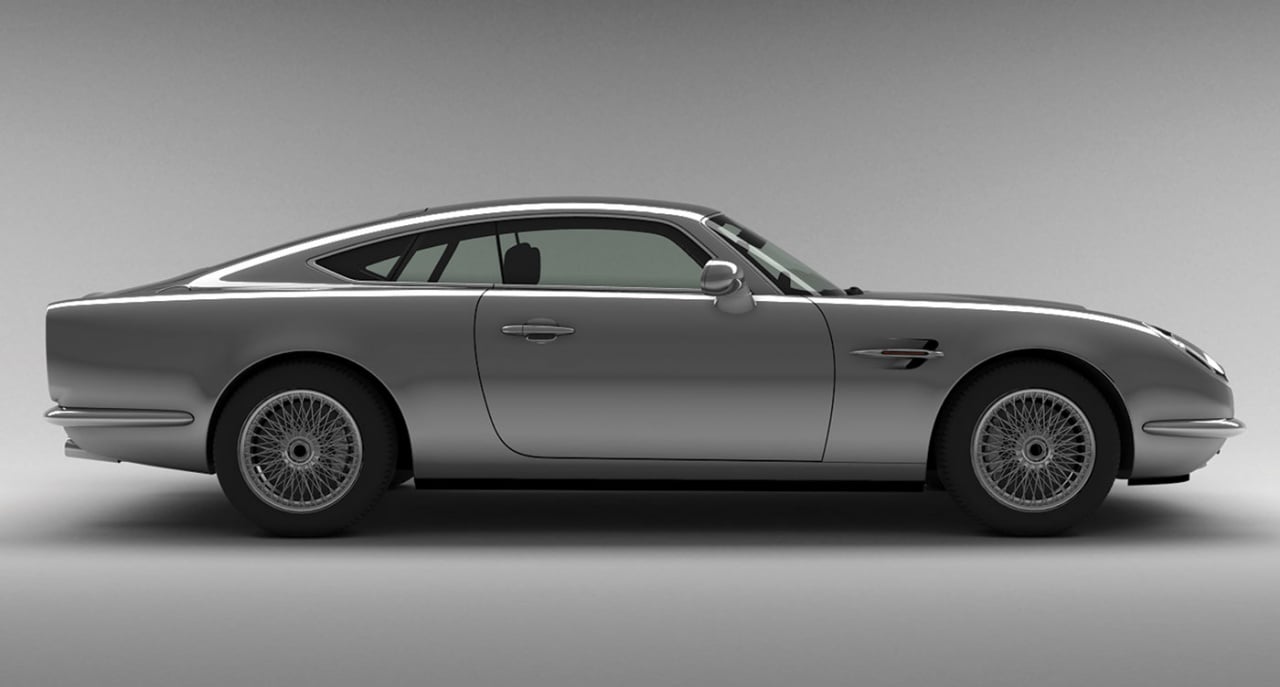
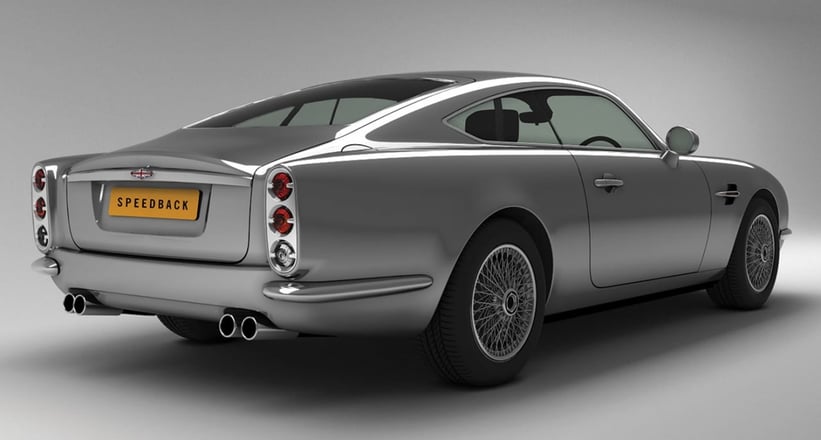
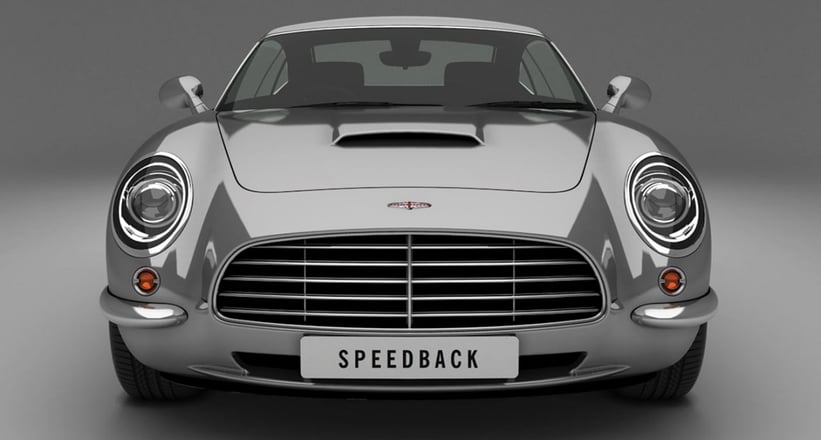
Much of the experience David learnt while at the helm of the group of earth-moving machinery companies (sold to Caterpillar in the late 90s) has been incorporated into the Speedback project. “We were often working with low-volume manufacturing processes designed to produce high-quality, cost-effective components,” he says. “We’ve also blended traditional craftsmanship with technology that wasn’t available a few decades ago – so, for example, we digitally scanned the full-size clay model in order to create the bucks around which the aluminium panels are beaten. Before, the model would have been measured by hand, causing symmetrical discrepancies. But this way, we still use the same skills and tooling, including the age-old English wheel, but the measurements are much more accurate.”
Platforms and powertrains

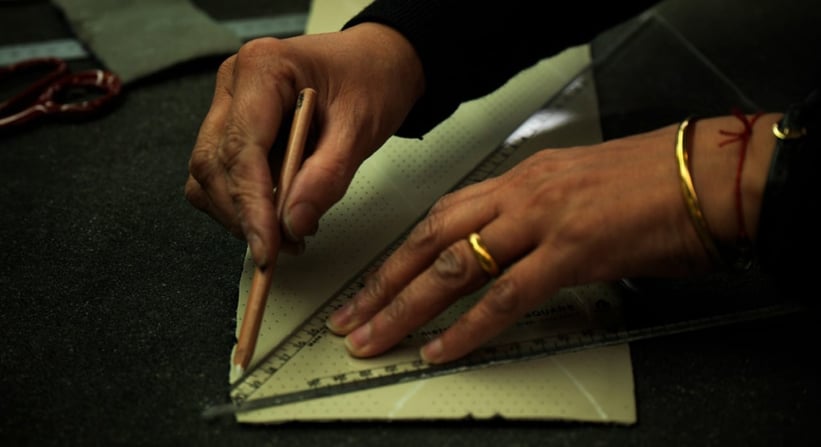
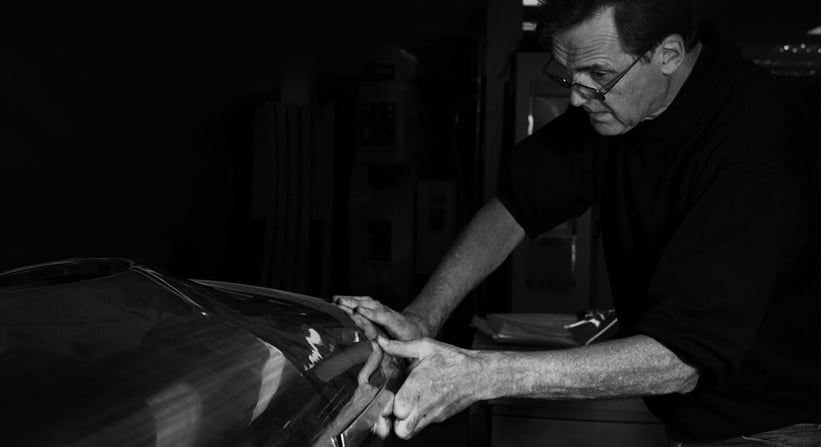
The basis of the Speedback is the current Jaguar XKR. “The Jaguar platform and powertrain has been developed continuously over the last 10 years,” says David, “and I found it to be the best-rounded and most versatile package available” – but it was also technically suitable, too. The ability to take the car back to the modern equivalent of a ‘rolling chassis’ meant its designer, former JLR Chief Designer Alan Mobberley, was given greater freedom. The result is intended to incorporate design cues popular in the ‘golden era’ of car design: “It doesn’t slavishly follow the design of any one car in particular,” continues David. “There are many influences: the Ferraris, Lamborghinis, Aston Martins and Maseratis of that era all had similar styling – call it a contemporary amalgamation of these beautiful cars.” Within the simple lines, there’s a subtle inclusion of modern technologies such as LED headlamps – as was the case in the 60s, there are no unnecessary details.
To complement a classic collection
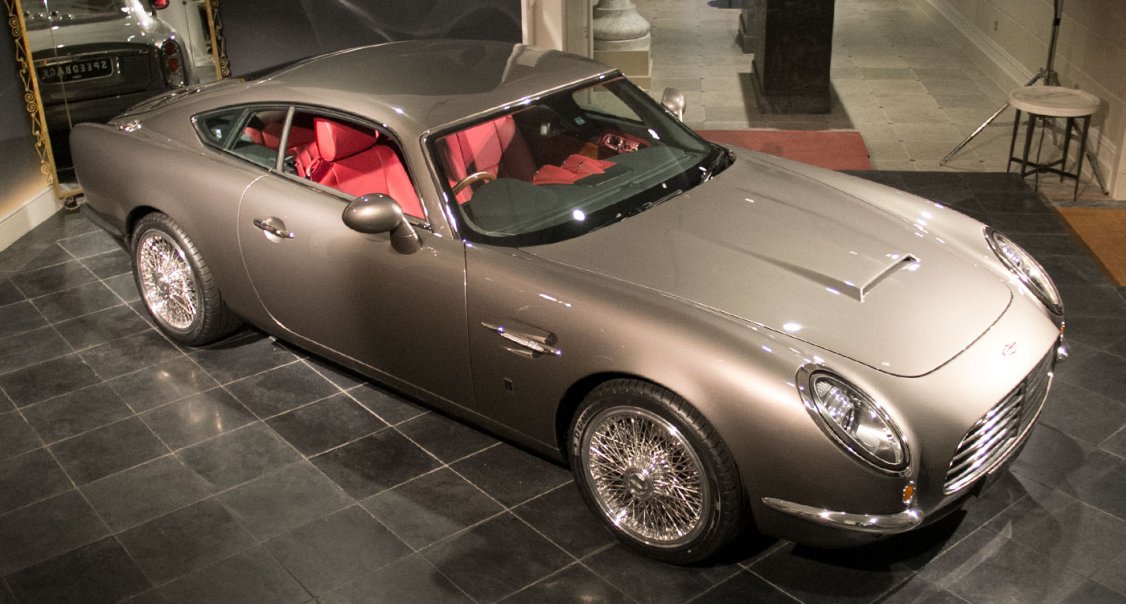

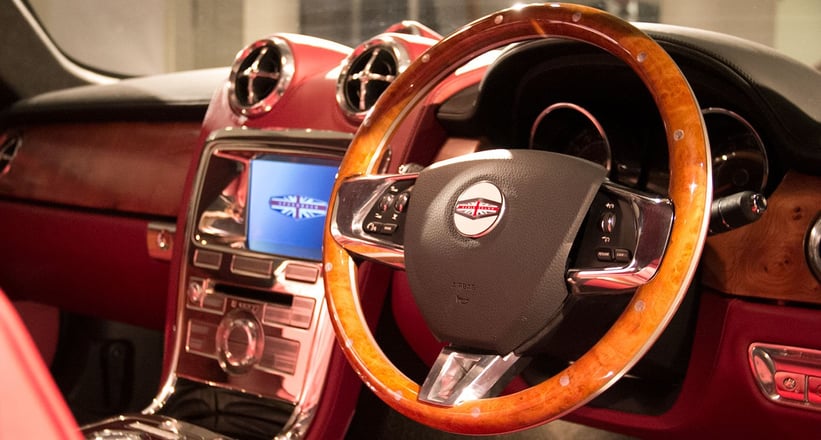
David does not consider the Speedback as a replacement for a classic car, but rather as a complement to one. “I own several classic cars myself, and at one point some years ago I was so frustrated by their temperamental nature that I considered fitting them with modern engines – luckily, I was talked out of it,” says David. The appeal of the Speedback lies in having a comfortable, classically styled GT car to expand the abilities of a traditional collection, without looking out-of-place within it. The fact that it’s an all-English project being executed in Coventry, the once-proud home of the British automotive industry, only enhances its appeal – one which David hopes will be wide enough to fill the order books of his limited-series, hand-built special.































